Establishment, on both the national and international levels, of machinery to assess new technologies, to give warning of possible dangers to human rights which they may present and possible even to control new developments if threats to human rights seem likely has also been proposed. A function of international machinery would be to call the attention of government which has no national machinery to the need for it, to assist governments in establishing appropriate machinery and to provide the international structure to support it.For achieving the better meaningful human life, collaboration among the members of the global village and scientific community may become more useful if a clear sense of common purpose can be agreed in setting up ethical guidelines for scientific, technological research, development and its protection. There is a widespread feeling that the explosion of scientific knowledge and of its technological application which has taken place in recent decades has made the world merely a global village. However, there are a few common problems which are continuing in the global village specially treated to better living conditions for the human beings. For example, protection of the intellectual property rights, reducing international tension, and common use of natural resources like oceans particularly for land locked countries, basic human rights and its discriminatory clauses are the vital aspects of the law. These problems are alike in the global village. An attempt has been made to discuss these aspects in a suggestive manner. Role of the legislature, judges and lawyers has also been held highly responsible in shaping and reshaping of their society and social structure. Finally, it is felt that the contribution of each and everyone will ultimate enhance the enjoyment of living of millions, the right to an adequate standard of living and dignity of human beings as guaranteed in all the basic documents relating to the human rights and fundamental freedoms.
Law of Global Village: A Few Aspects
$32.40
$36.00
In stock
Free & Quick Delivery Worldwide
All orders amounting to US$ 50 or more qualify for Free Delivery Worldwide. For orders less than US$ 50, we offer Standard Delivery at $14 per book.
ABOUT THE AUTHOR Satish Chandra
Satish Chandra (b. 1922) is among a select band of historians who helped to give a new shape to Indian history after independence. He was Professor of History, Jawaharlal Nehru University and Vice Chairman and Chairman, University Grants Commission (1972-81). He taught at the Universities of Allahabad, Aligarh Muslim, Delhi and Rajasthan. He was Smuts' Visiting Professor, Cambridge University (1971) and Associated with many national and international agencies. He was secretary and later President, Indian History Congress (1973), Council Member, United Nations University, Tokyo (1980-86), Associate Director of Research, Maison des Sciences de I'Homme, Paris; Member, Executive Board, International Congress of Historical Sciences, Paris, etc. He was also Chairman of the Committee to review Civil Services Examination in Delhi. He had written and edited many books on Medieval Indian History, and the Indian Ocean History and published a large number of research articles in national and international journals. Some of these have been brought together and published in three monographs. Presently, he is Executive Chairman, Maulana Azad Institute of Asian Studies, Calcutta and Secretary-cum-Treasurer, Society for Indian Ocean Studies. He is also the Secretary of the twelve volumes comprising History of India scheme prepared by the Indian History Congress.
reviews
0 in total
Review by Anonymous
Be the first to review “Law of Global Village: A Few Aspects” Cancel reply
You must be logged in to post a review.
Bibliographic information
Title
Law of Global Village: A Few Aspects
Author
Edition
1st ed.
Publisher
ISBN
8184501407
Length
xviii+104p,.
Subjects

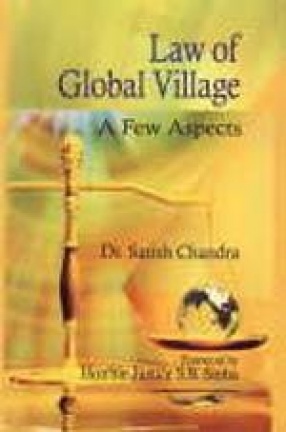
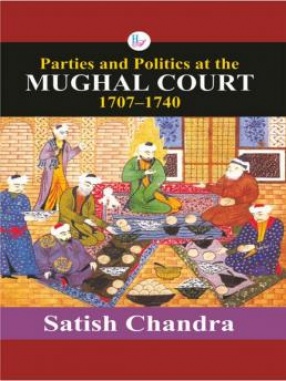
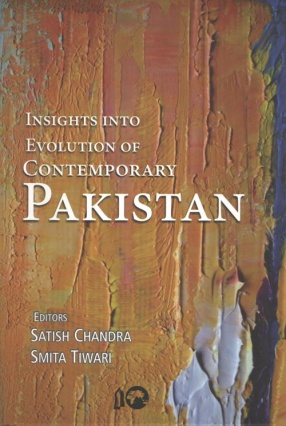


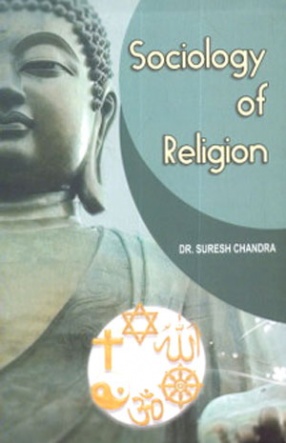
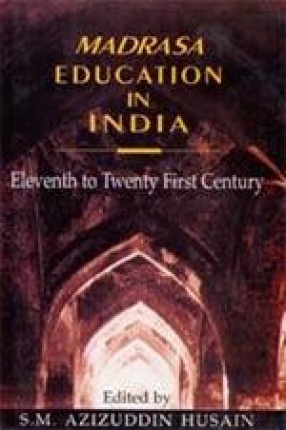
There are no reviews yet.